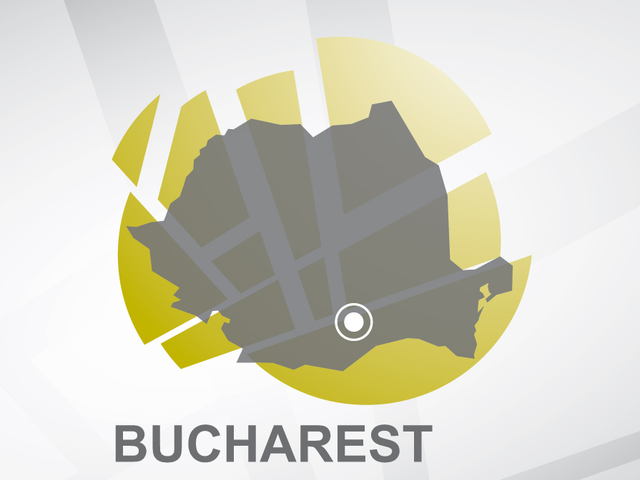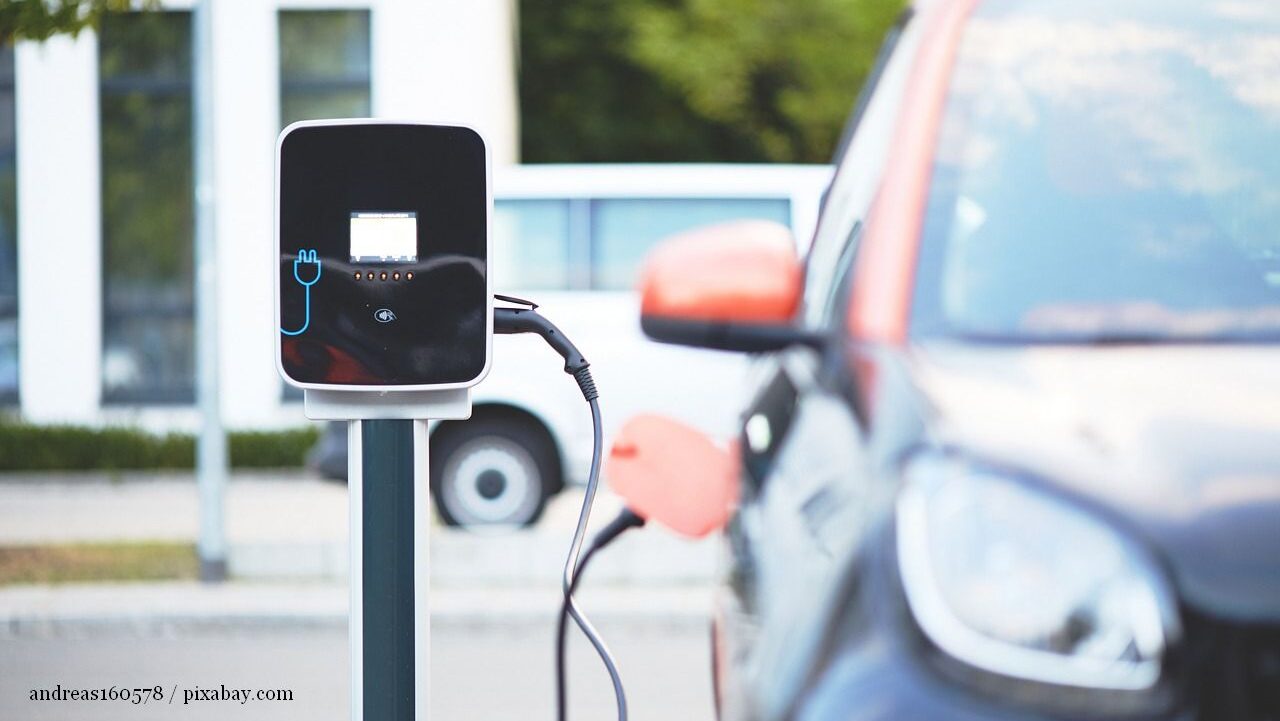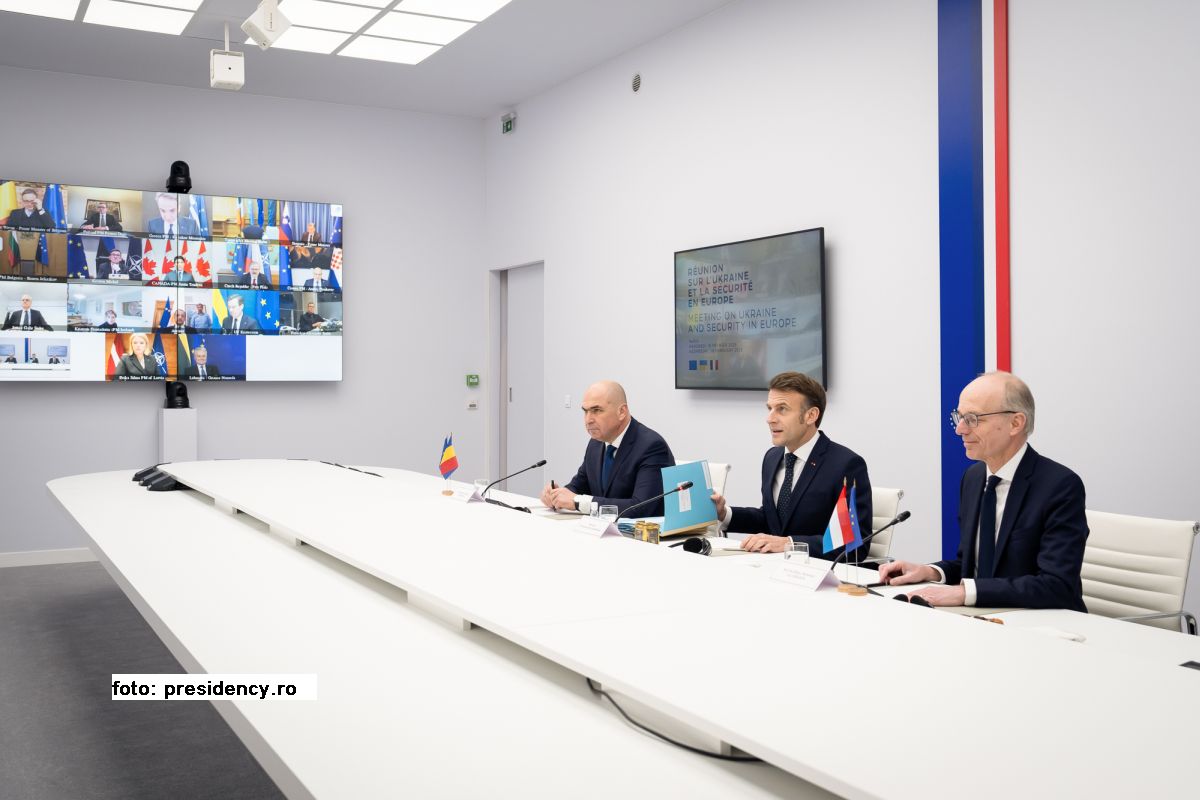Regional Economic Prospects
Romania's capital Bucharest played host to a two-day EU - Southeast Europe summit, organized by the Econimist.

România Internațional, 21.10.2014, 13:46
On Monday and Tuesday Bucharest played host to the EU — Southeast Europe Summit, held under the heading “On the way to stability and growth”, organized by the prestigious British publication The Economist. Attending were economic experts, business people and officials from Romania, Albania, Greece, Italy, the Republic of Moldova and Croatia. Talks focused on the region’s political, economic and business prospects, as well as the economic and business climate, the banking sector, investment opportunities in sectors such as energy, infrastructure, telecommunications and IT.
The Economist representatives pointed out that while the region’s growth perspectives remain positive, the process of bringing the region back on track with regard to economic growth might be difficult. One drawback in that respect is that fact that some countries have yet to finalize a series of structural reforms. The crisis in Ukraine has also impacted some powerful economies such as the German one, while the policy of the US Central Bank is reinforcing the position of the US dollar.
Attending the event, Romanian Prime Minister Victor Ponta said the conference in Bucharest came as a confirmation of Romania being considered one of the most stable and predictable countries with a high potential for development, in a region facing challenges and turmoil. The Romanian Prime Minister added that over the next few years Romania has the potential to achieve energy independence and even become a major energy exporter in the region. Victor Ponta also expressed confidence that Bucharest has the necessary expertise to help Western Balkan states join the European Union. In turn, former Italian and Greek Prime Ministers, Enrico Letta and George Papandreu respectively, highlighted the important role Romania can play in South-Eastern Europe. Enrico Letta said that the EU needs Romania “to not look at its domestic problems alone, but to have a European approach and the will to take on a leadership role”. “Being a leader”, Letta argued, “means honour and responsibility, which is why I think Romania’s responsibility and new role in Europe are now paramount”,unquote.
In turn former Greek Prime Minister George Papandreu agreed that Romania can funnel communication between Europe and its Eastern partners. EU enlargement towards the Balkans might have huge positive impacts on regional and bilateral relations, Papandreu also added. The Greek official said Romania is a success story for both the Balkans and the EU, which can inspire other countries in the region.






























